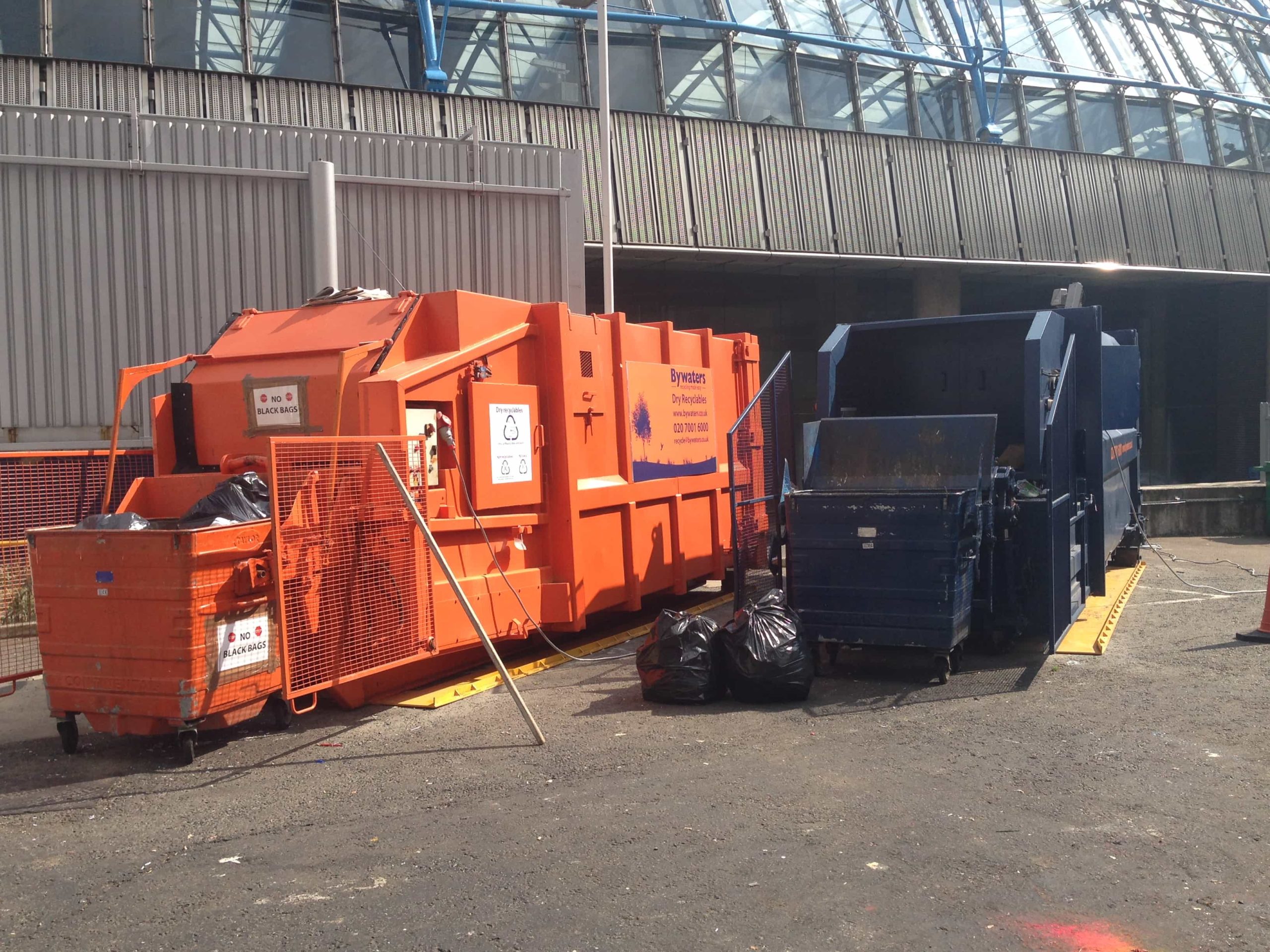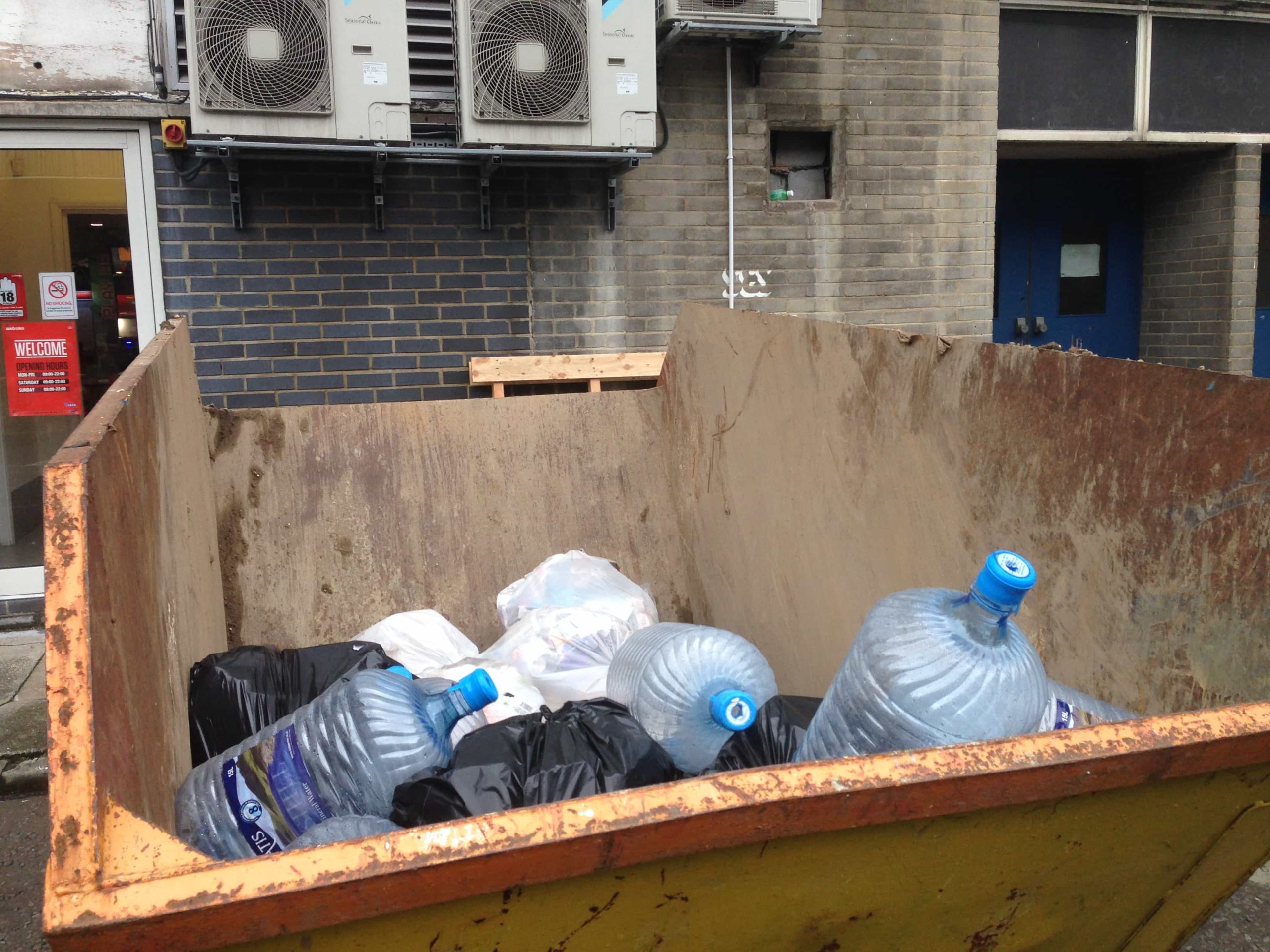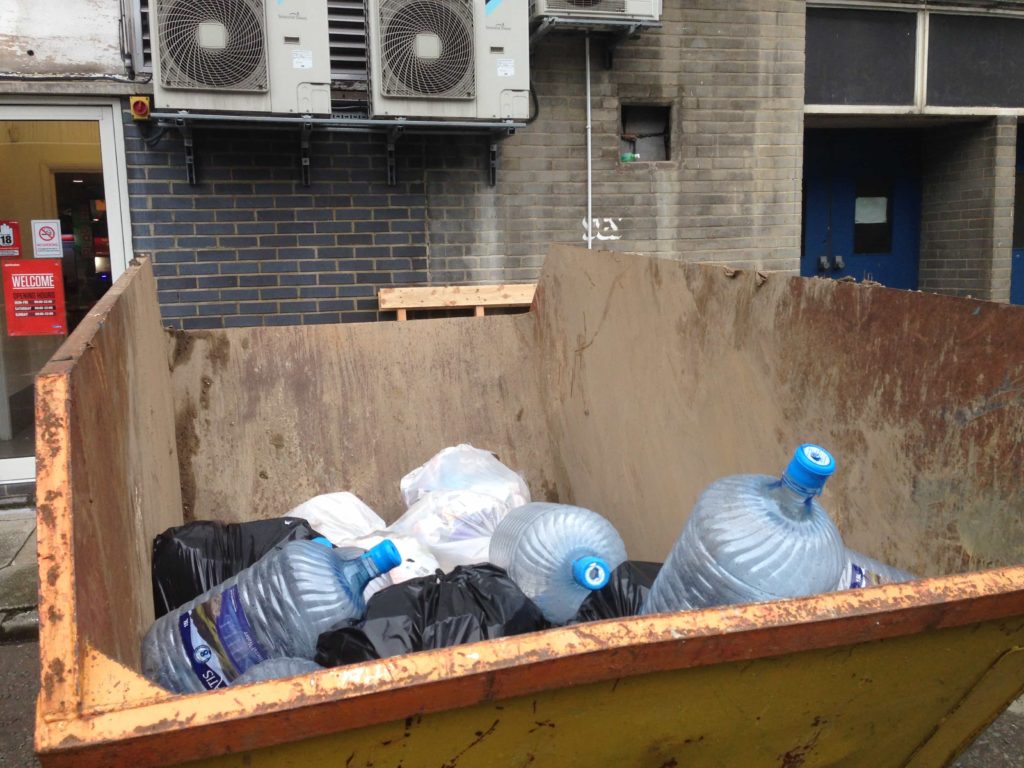With the new legislation coming into force on January 1, the Environment Agency is finalising a briefing note to stakeholders in which it will confirm how it will be overseeing the requirement to separately collect recyclable materials, as set out under the Waste (England and Wales) Regulations.

A draft copy of the briefing note was sent to stakeholders in September and this has since been updated. However, with just a few weeks for the new regulations to come into force, the final version of the document has still not been issued..
Under the regulations, separate collections of at least paper, metal, plastic and glass for household and commercial waste are a legal requirement from January 1, unless it is not technically, environmentally or economically practicable (TEEP) or necessary to allow high quality recycling of the material.
Methods
In the draft briefing note, the Agency states: “From January 2015 we will start to apply the regime. We will ask operators to supply information on their current collection methods by 31 March 2015 and we will maintain a database to update that information.
“Our aim is to help collectors to achieve compliance, but to be robust with those who deliberately ignore their obligations. We will work with collectors to help them comply, by holding practical conversations or issuing advisory letters in the first instance.
“Further action will be taken only where necessary. Enforcement action will be a last resort as it is costly and time-consuming to both parties. Collectors should seek their own legal advice to support decisions they make on collection methods.”
Data
The Agency adds that it will be monitoring data from sources such as WasteDataFlow, the WRAP website and returns from the Materials Regulations in order to assess whether collectors are complying with the requirements.
It has also produced a ‘risk-based regime, compiling a matrix of what it believes are indicators of ‘high’, ‘medium’ and ‘low’ levels of compliance.
Previously the Agency has stated that it will seek to pursue legal action ‘as a last resort’ and this is confirmed in the updated briefing note, in which it states that as a first course of action it will engage with operators via an advisory phone call or letter, followed by:
- A meeting with the operator
- site inspection
- site audit
- enforcement notice
- warning letter
- formal caution
But, in the draft the Environment Agency has conceded that it will offer a degree of pragmatism in its policing of the regulations, acknowledging that some collection arrangements can be hard to change if they are a part of a long term contract. The Agency has warned that collectors will be required to demonstrate that they are taking ‘reasonable measures’ to comply with the regulations.

It stated: “We recognise that collection contracts can run for many years, and that collection infra-structure can have a long lifespan. Both can be prohibitively expensive to replace. We will act reasonably in considering such matters.
“The collection industry has known for several years that this legislation is due in January 2015. Also, even without wholesale changes to contracts, improvement measures can be made. Collectors will be required to show that they are taking all reasonable measures to comply with the regulations from January 2015, or within a reasonable time-frame.”









Subscribe for free